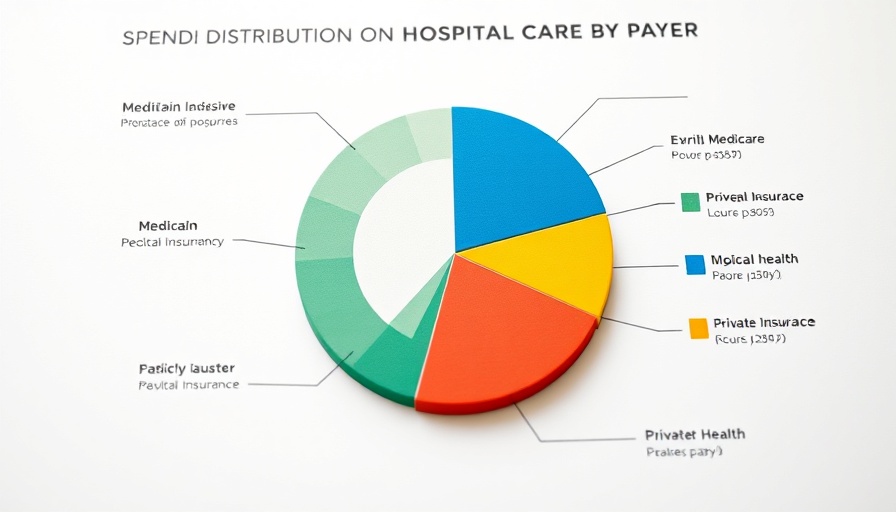
The Impact of Medicaid Cuts on Hospitals
In recent discussions in Congress, significant cuts to Medicaid spending are under consideration. With proposed reductions projected to reach up to $880 billion over the next decade, many are left wondering how this will impact the healthcare landscape, especially for hospitals. A staggering 19% of all hospital care funding in 2023 came from Medicaid, amounting to approximately $283 billion of the total $1.5 trillion spent on hospital services. Such financial dependency means that cuts to Medicaid could severely strain hospital budgets, particularly for those serving a high volume of low-income patients.
The Challenge of Coverage Reductions
As Medicaid spending dwindles, the risk of spiraling poverty and increased hospital visits for uninsured patients looms larger. With Medicaid covering about four in ten births nationally and providing crucial services to vulnerable populations, cutbacks could mean that more families face the daunting reality of rising out-of-pocket medical expenses. Hospitals already grappling with tight budgets may be forced to reduce services to cope with these changes.
The Importance of Local Healthcare Providers
In many rural areas, hospitals serve as central healthcare providers. A reduction in Medicaid funds could instigate an era of hospital closures, exacerbating healthcare access issues for people in already underserved regions. Hospitals are not just a significant source of jobs but also crucial lifelines for communities, employing 6.7 million people nationally. Losing even a handful of these facilities could have a cascading effect on local economies.
Looking Towards the Future
As we consider the future of healthcare funding, it's crucial to understand the broader implications of potential cuts to Medicaid. The challenges faced by hospitals are intertwined with the well-being of our communities. Therefore, fostering a healthcare network that prioritizes inclusivity and accessibility should be imperative as policymakers navigate these complex changes.
A Call to Action for Citizens
It’s essential for voters, especially those covered by Medicaid or dependent on local hospitals, to voice their concerns to representatives. Engaging in conversations about the importance of accessible healthcare can help steer policymakers towards preserving funding for vital health services that support millions of Americans. Whether insured or uninsured, your voice matters in shaping the future of healthcare.
 Add Row
Add Row  Add
Add 




Write A Comment